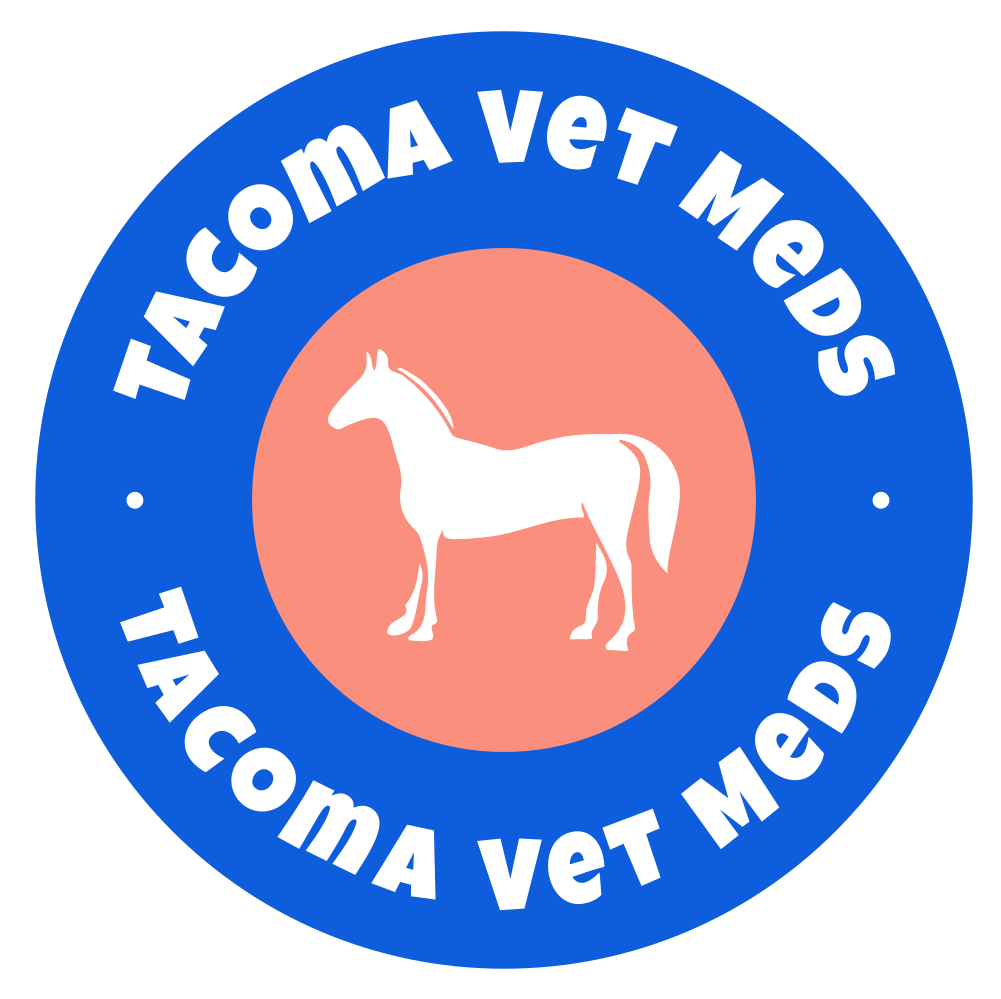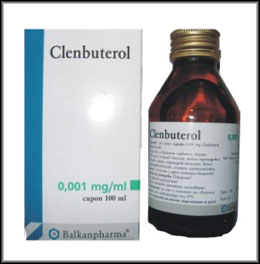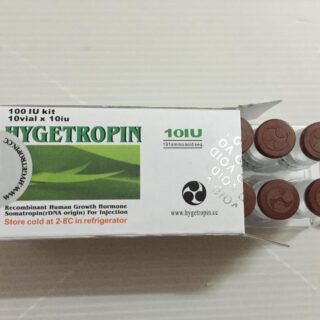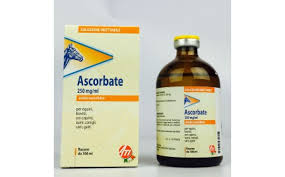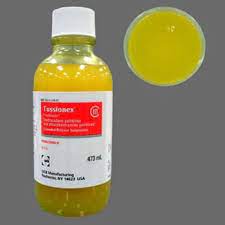Category: Stomach Medicine
Stomach Medicine for Horses: Promoting Digestive Health and Comfort
Horses, like all animals, can experience a range of digestive issues that affect their overall well-being. From gastric ulcers to colic and general digestive discomfort, proper stomach medicine can help alleviate symptoms, promote healing, and ensure the horse maintains optimal health. Here’s an overview of stomach medications for horses, their benefits, and how they work.
Types of Stomach Medicine for Horses
1. Antacids for Gastric Ulcers
Gastric Ulcer Treatments: Horses, particularly those under stress, in heavy training, or on high-grain diets, are prone to gastric ulcers. These ulcers can cause pain, poor appetite, and poor performance.
Common Antacids: Products like Omeprazole (Gastrogard) are commonly used to reduce stomach acid production and promote healing of the ulcers.
How It Works: Omeprazole and similar medications inhibit the proton pumps in the stomach, reducing the acidity that causes irritation and ulcer formation.
2. Probiotics and Prebiotics
Gut Health Supplements: Probiotics and prebiotics are essential for supporting a healthy gut microbiome and promoting digestive balance.
Benefits: These supplements can improve nutrient absorption, prevent digestive upset, and support overall intestinal health.
Probiotic Examples: Products containing Lactobacillus or Saccharomyces cerevisiae are commonly use to maintain digestive health in horses.
3. Anti-Inflammatory Medications for Colic and Bloating
Colic Relief: Colic is one of the most common digestive emergencies in horses. Anti-inflammatory drugs like Flunixin meglumine (Banamine) are used to reduce inflammation and relieve pain associated with colic.
Bloating: For horses experiencing bloating or gas buildup, simethicone-based medications can help break down the gas bubbles and relieve discomfort.
4. Digestive Aids for General Digestive Health
Enzyme Supplements: These help break down food and improve digestion, particularly for horses that have difficulty processing certain types of feed.
Benefits: These products can improve nutrient absorption, reduce gastric discomfort, and maintain overall gut health.
Common Stomach Medications for Horses
- Gastrogard (Omeprazole): A potent gastric acid reducer used for treating and preventing gastric ulcers.
- Sucraid: Use to treat intestinal malabsorption disorders and improve digestive enzyme activity.
- Equine Probiotics: Supplements like ProBios and Enteric 3000 support intestinal health and aid in digestion.
- Banamine (Flunixin Meglumine): An anti-inflammatory and pain-reliever used for colic and bloating symptoms.
How to Administer Stomach Medications
Oral Dosing: Most stomach medications for horses come in the form of oral pastes, syrups, or powders that are mixed with the horse’s feed.
Injection: In emergency situations (like severe colic or ulcer treatment), some medications may be administered intravenously or intramuscularly under veterinary supervision.
Prevention Tips for Digestive Issues in Horses
- Proper Diet: Offer high-quality forage as the primary food source. Avoid large grain meals that can increase the risk of gastric ulcers.
- Regular Feeding Schedule: Feed horses small, frequent meals to avoid overproduction of stomach acid.
- Stress Management: Stress is a major factor in the development of gastric ulcers. Ensure your horse has a calm, stable environment.
- Access to Water: Always ensure that the horse has access to fresh water, especially after meals and during exercise.
Conclusion
Stomach medicine for horses is essential for maintaining digestive health and addressing common issues like gastric ulcers, colic, and general digestive discomfort. By utilizing the right medications and following a proper feeding regimen, you can help your horse stay healthy, comfortable, and performing at its best.
